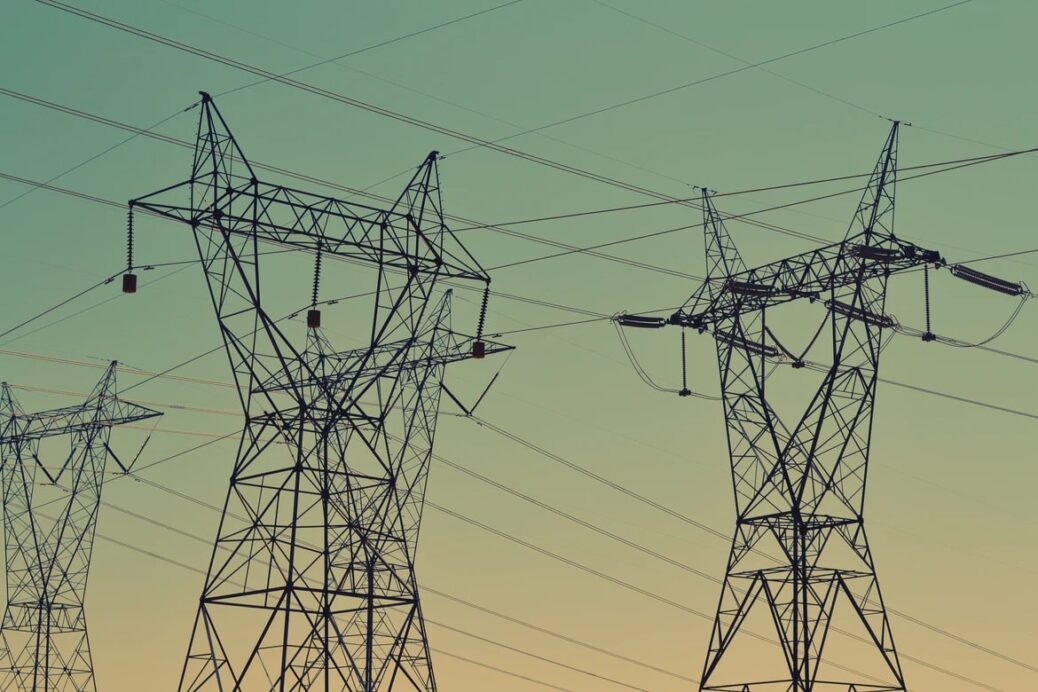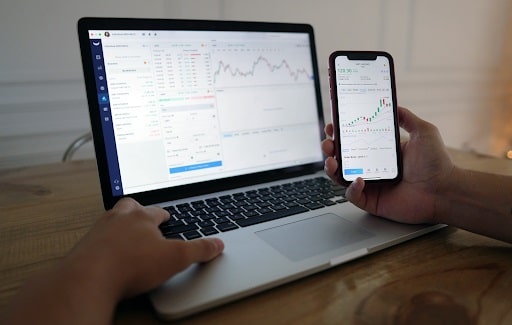Electricity Market Comparing Will Save You From Paying More
Open electricity market comparing will save your business on energy bills. For example, data centers that use open electricity market comparing can potentially see a 50 % reduction in their energy bills. Open Electricity Market Comparing is when you pay the same price per kWh and buy electricity from the retail market – not just one supplier. This is different than wholesale markets because it offers a competitive marketplace of suppliers many of whom are renewable sources like wind and solar power, as well as other economical sources like natural gas and coal power.
Table of Contents
When it comes to purchasing power, you now have access to a greater number of options and flexibility thanks to a program called the Open Electricity Market, which was developed by the Energy Market Authority (EMA). You have the opportunity to take advantage of shops’ low prices as well as their creative offers.
For example, if your company spends $10 million on electricity each year, that’s about $200 000 in electric bills. If the wholesale market can save you 1% of your total electricity bill and open market electricity compares can save you 10%, you would be able to potentially save $100 000 each year.
Open Electricity Market Compare: The Benefits
The provision of energy was never something that Singaporeans were required to pay much attention to before to the start of the Open Electricity Market (OEM) project in November 2018. There was only one power provider in the area. And that was Singapore Power (SP Group), which supplied juice to all of the homes in Singapore.
But it is already outdated information. In the year 2020, there were as many as 20 electrical retailers competing with one another for a piece of the power market pie. This competition began immediately upon the formal debut of the OEM. There are now just nine retailers of power remaining.
Every single home nowadays has the opportunity to move from SP to one of the many alternative retailers of power. You’ll simply keep receiving your supply from SP if you’re too lazy. Albeit at the more expensive electricity tariff rate).
Cost Savings
Without sacrificing on quality, you can increase use of renewable energy, and increase access to clean, green energy. Short-term savings – open electricity market now saves you from paying more than you need to. Purchasing power in commodity markets like natural gas, coal, and electricity is a good deal for consumers. The more reliable your business is with electricity provider, the higher your bill will be.
Many businesses don’t realize how little they really know about electricity. Business owners are not in the habit of visiting their utility company website, unless there is an interruption in service or they have received a costly electricity bill. However, they should be visiting the site regularly, as it contains valuable information regarding all types of energy sources and open electricity market comparing offers a chance to save money by buying products at lower prices.
Business owners often overpay for electricity. In fact, many business owners believe that these large utility bills are simply a function of the costs running their businesses. And they ignore the actual cost of electricity. Many businesses do not know that they can save money by purchasing electricity from the open market instead of buying energy from a centralized supplier. Even though they may already have an electric utility connection in their business or building, they may not know exactly what comes into their building, how it is generated and where it is used.

5 Important Aspects Regarding the Free Market
- Changing to a different retailer is not mandatory in any way. You may keep purchasing power from SP Group at the regulated price for as long as you want.
- There is no time limit on making the transfer. Before making a decision to switch, make sure you give yourself enough time to fully investigate all of your alternatives.
- Your power supply will remain the same no matter who you choose to purchase it from; there is no correlation between the two. This is due to the fact that SP Group will continue to run the national power infrastructure.
- After transferring to a different retailer, if you are qualified for U-Save rebates, you will still be able to use those rebates toward the reduction of your monthly power payment.
- Switching is an easy process. Your merchant will coordinate the transition with SP Group directly, and it will be ready for you.
How to Benefit From Open Electricity Market Comparing?
In today’s economy, businesses striving to cut costs should become more proactive in their decision-making. The information provided by open electricity market comparing is essential when it comes to making the right decisions regarding energy. Businesses that rely on open electricity market comparing can benefit from an increased supply of energy. And it can help reduce costs and give them more time to consider their budgets.
Opening up the market to alternative sources of power also means that businesses can take advantage of reduced rates for alternative energy . Instead of simply switching over to more expensive fossil fuels such as oil and coal. This leads to decreased debt on the utility’s books, which can help save money and reduce debt.
Which new power pricing plans are available?
The nine electrical merchants price their power in one of two ways:
Similar to SP Group’s fixed pricing programs. You pay a set price for the electricity you consume for the duration of the contract. Currently, all new retailers’ rates are lower than the regulated tariff due to the power price war (that SP is offering).
Prices that are tied to the regulated tariff are discounted from the plans that use that tariff. For instance, Senoko Energy’s sole discount off pricing saves you 6% compared to the regulated price. Therefore, you will always pay less than SP.

David is a dynamic, analytical, solutions-focused bilingual Financial Professional, highly regarded for devising and implementing actionable plans resulting in measurable improvements to customer acquisition and retention, revenue generation, forecasting, and new business development.











